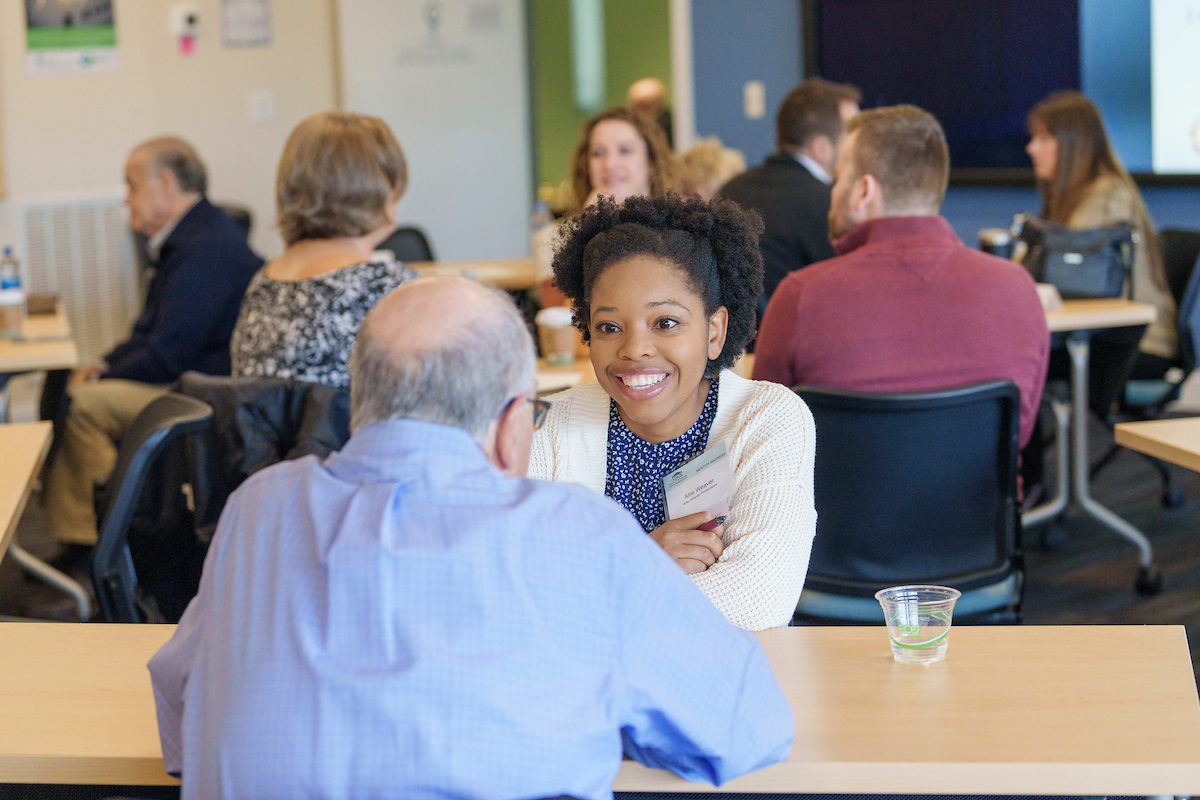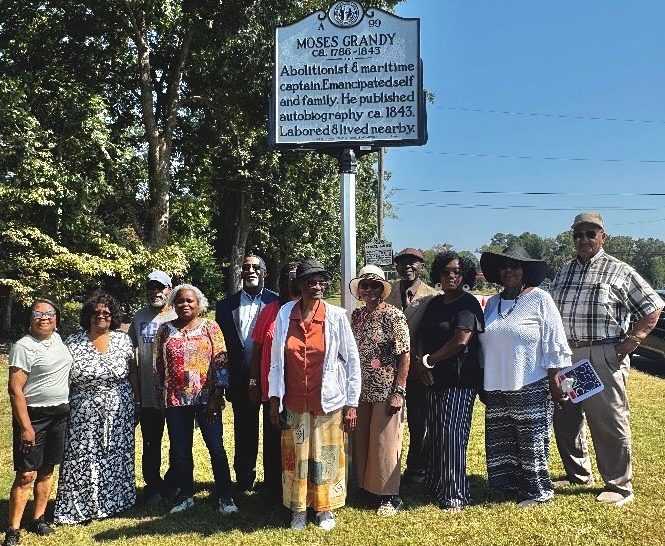
WILMINGTON – More than 127 million people, 40% of the population, live in America’s coastal communities where rising seas and more frequent, intense coastal storms are challenging convention.
Here to take on those challenges is a growing workforce of entrepreneurs tapping into what proponents and practitioners call the blue economy.
Supporter Spotlight
The blue economy is collectively defined by the World Bank and U.S. National Oceanic and Atmospheric Administration, or NOAA, as the sustainable use of ocean resources to grow coastal economies while preserving the ocean’s ecosystem.
America’s blue economy in 2019 supported more than 2 million jobs and contributed nearly $400 billion to the nation’s gross domestic product through things like tourism and recreation, commercial and recreational fishing, power generation and research, according to NOAA.
The blue economy that year outpaced the country’s economy “in its entirety,” the administration said.
The University of North Carolina Wilmington’s Center for Innovation and Entrepreneurship, or CIE, has taken notice and, since 2020, been ramping up a program to promote blue economic-driven initiatives.
“I think the one way that I would say we are evolving is toward the ocean innovation space, the blue economy,” CIE Director Heather McWhorter said.
Supporter Spotlight
CIE was created a decade ago following a request from Wilmington Chamber of Commerce officials to the university’s then-Chancellor Gary Miller.
“At that time in Wilmington there wasn’t a place for entrepreneurs to gather,” McWhorter explained.
The center, located a short distance from the main campus on College Road, is part of the university’s research and innovation, assisting entrepreneurs in the community as well as faculty and student entrepreneurs.
One aspect of CIE that makes it particularly unique is its mentor program, which consists of 140 volunteer mentors who can share personal experiences from starting their own businesses.
Though some of the volunteers actively work, many are retirees who moved from northern cities to New Hanover County for its beaches and warmer climate.
“We have this incredible knowledge and people who have scaled businesses and been leaders of companies to work with people with ideas that are getting started and I would call that one of our signature programs just because we can help so many different types of entrepreneurs along that journey,” McWhorter said.
In 2022, CIE served 236 entrepreneurs, who, in turn, created 50 jobs and raised $25 million.
Roughly 10% of those entrepreneurs were aiming for startups in the blue economy.
“I think it has grown and we want to continue to grow that. That’s really a huge opportunity for us a region, as a state,” McWhorter said.
CIE hosted last month an Ocean Innovation Conference, an on-campus event that sold out to an audience who listened to discussions from entrepreneurs, scientists and researchers about ocean-based innovation and technology, investment opportunities in those innovations, and ventures being undertaken to preserve ocean resources.
Wilmington last year ranked No. 2 worldwide among cities with populations between 100,000 and 300,000 by StartupBlink, a global startup ecosystem mapping and research center.
This region’s entrepreneurs are solving big problems, McWhorter said.
There’s OpiAID, a life science company that creates personalized plans for people in addiction treatment; SeaTox Research Inc., which was founded in 2013 by a UNCW clinical research professor and her husband, uses marine resources to develop natural products into new bio-actives and better methods to test for toxins that can contaminate commercial seafood; and Local Catch, an app that connects people and businesses within the commercial fishing industry to buy and sell local seafood.
“They’re solving the opioid crisis. They are taking on other sustainability issues, but what I would say is that everyone here loves the ocean and that’s why they came here,” McWhorter said.
So, she’s sparking in entrepreneurs the idea of solving problems related to the ocean and the opportunities associated with solving those problems “in a big way.”
“It’s not simply picking up plastic on the beach,” McWhorter said. “These problems are big and complicated and need to be thought of in a big way for big solutions. How can we get entrepreneurs, businesses, citizens, retirees, all of the above interested in this idea of problem solving related to the ocean and coastal resiliency of where we live. I know blue economy can be bigger because there are opportunities and it’s not about taking from the ocean, it’s about helping the ocean. It’s about problems like how we can work with this wonderful resource that we have, but also the business model has to be viable.”
CIE has a startup incubator that helps startups by providing workspace, mentoring and training, and seed money, and offers programs for entrepreneurs pursuing high-tech and science-based companies.
There’s a pitch coach to help entrepreneurs refine what they present their ideas to specific audiences, raise capital, or raise federal grant funding.
Every Wednesday, CIE offers a networking opportunity at 9 a.m. The center offers help with grant applications as well.
The region has what McWhorter said is a “gargantuan opportunity” to expand blue economic opportunities.
Wilmington’s geographic location to the ocean and intricate system of waterways, the strength of the university’s research base — UNCW’s Center for Marine Science has more than 120 researchers alone — and Cape Fear Community College’s workforce development puts it at an advantage to potentially become a leader in ocean innovation.
“There isn’t a blue economy hub between Boston and Miami and so if we could really start thinking about innovative approaches more here in Wilmington, perhaps that could be us,” McWhorter said. “We still have work to do. When you’re building an economy that takes time. We have volunteers that have really helped to guide thought around that, but I think at this point it is about continuing to get the right partners around the table that can help to spark this.”







